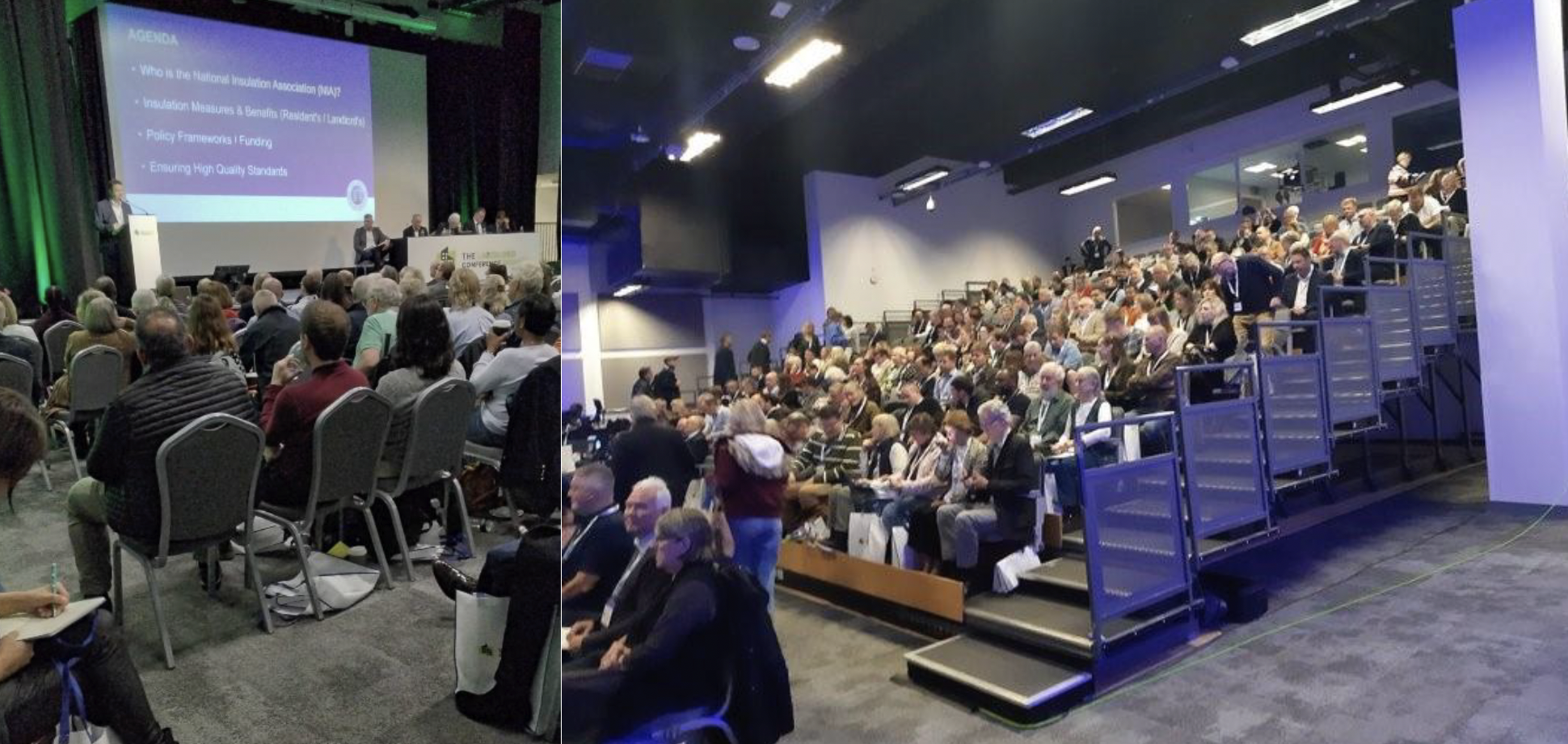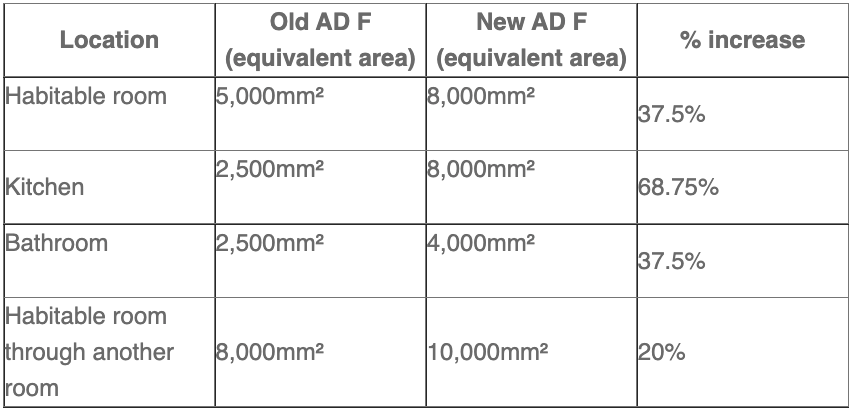
The Chancellor’s Autumn Statement
The Chancellor’s Autumn Financial Statement, delivered yesterday, contained a strong emphasis on energy efficiency and energy security. The Chancellor stated that, “Over the long term, there is only one way to stop ourselves being at the mercy of international gas prices: energy independence combined with energy efficiency.”
Energy efficiency and energy security are to be a focus area for the Government with the following key headlines:
- The government aims to reduce energy consumption from buildings and industry by 15% by 2030 from 2021 levels. According to figures quoted by the Chancellor, reducing demand by the target of 15% would result in savings of £28 billion on the UK’s national energy bill and £450 on the average household bill.
- From 2025 to 2028, new funding of £6 billion will be made available to help reach this target. This represents a doubling of the government’s annual investment on energy efficiency.
- Energy Efficiency Taskforce (EETF) – To achieve its target, the government is launching a new Energy Efficiency Taskforce (EETF), led by Sir Patrick Vallance, which will be responsible for delivering energy efficiency across the economy.
Was insulation mentioned?
Although there was no specific mention of insulation in the Autumn Statement, the Government has been clear that it supports a fabric-first approach to energy efficiency. Therefore, we hope and expect that this fabric-first approach will be reflected in its future policies and the allocation of its newly announced energy efficiency funding.
Insulation is a long-term solution to the energy crisis, so we would like to see this at the heart of government energy policy going forward. While the Energy Price Guarantee offers a temporary fix to the rising energy bills, the NIA will continue to send a clear message to government; that it is imperative that it continues to increase its support for insulation and energy efficiency measures.
The NIA will update you once we receive more detailed plans and spending commitments to accompany the Government’s headline promises.
The Heat in Buildings Supply Chains Delivery Plan: Towards an Industry for Green Heat
In other news, the Scottish Government has just launched The Heat in Buildings Supply Chains Delivery Plan. setting out the practical steps that will be taken to support the growth of the Green Heat sector in Scotland.
The plan’s key commitments include:
✓ A review of support for green skills and training
✓ A new programme of industry engagement with a focus on working with installers in the heat and energy efficiency supply chain
✓ £17.6 million to help research and develop new and concept green heating solutions
✓ More than £800,000 of Green Growth Accelerator funding is being awarded across all local authorities this year to help develop a pipeline of low-carbon infrastructure projects, including retrofitting existing buildings.
It has also promised that it will, “continue to work closely with trade associations and representative bodies to engage broadly with industry”. The NIA look forward to engaging with the Scottish Government on behalf of our members and helping to shape the future of the insulation industry in Scotland.
To view the full plan, click here.
Representing the NIA at the National Residential Landlord Association (NRLA) Landlord Conference
We were delighted to have our Chair Derek Horrocks speaking on behalf of the NIA at the NRLA’s Landlord Conference in Coventry on Tuesday 15th November. Derek addressed a large audience of over 450 private landlords about the numerous benefits of insulation in the private rented sector. He cited research commissioned by BEIS showing that properties with an Energy Performance Certificate (EPC) of C sell for an average of 5% more than less energy efficient properties.
Derek also discussed the regulations around insulation and energy efficiency in the private rented sector, including the implications of the Minimum Energy Efficiency Standard (MEES) for private landlords. He covered the important topic of where landlords could get funding to help install insulation measures and even pointed the audience towards the postcode locator on our website as the perfect place for landlords to find high-quality insulation installers in their area.
The Conference was an excellent opportunity for the NIA to communicate our message about the advantages of insulation to an important audience. Thank you very much to Derek for his wonderful presentation!

Join our policy mailing list
NIA members are vital to help shape our consultation responses. If you would like to receive draft
consultations for you to provide your input, please email: info@NIA-uk.org













